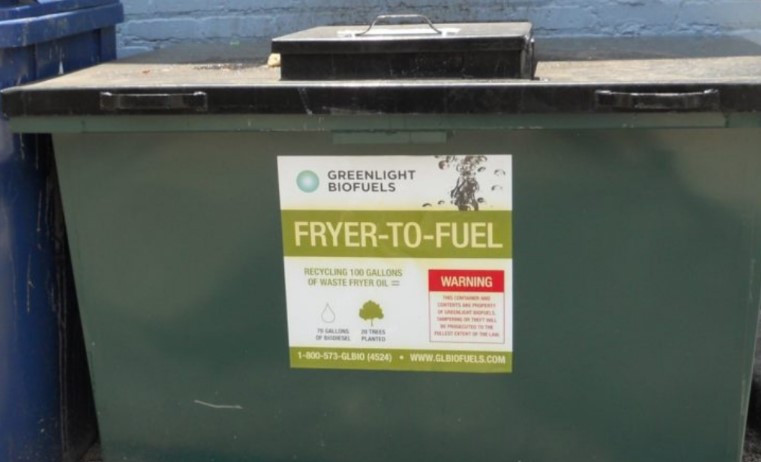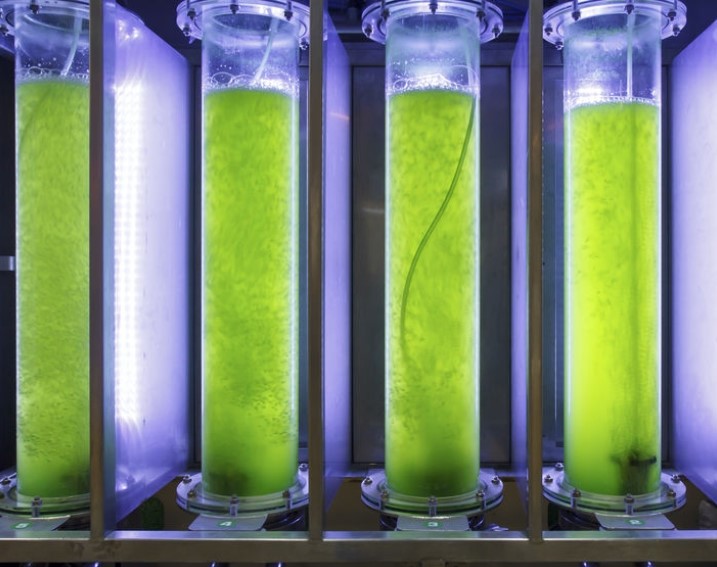- Definition and Types of Energy
- Myths And Misconceptions About Energy
- The Relationship Between Energy and Environment
- Climate Change and Carbon Footprint
- Greenhouse Gas Effect
- The Role of Human-Induced Greenhouse Gases and Energy Consumption
- Energy Efficiency and Sustainability
- Renewable Energy Sources and Future Perspectives (video)
- Play and Learn
- Solar Energy Conversions
- Solar Energy Worldwide
- Solar Energy in Partner Countries
- Positive and Negative Impacts
- Technologies for Harnessing Solar Energy
- Solar thermal energy technologies and applications
- Electricity Generation Methods
- Passive Heating and Cooling of Residences with the Sun
- Concentrator solar power (CSP) systems and electricity generation
- Systems and Applications That Generate Electricity directly from solar rays
- Photovoltaic Cells and Panels
- Domestic PV Systems
- Off-Grid PV Systems
- Hybrid Connected Systems
- Materials Used in PV Cells
- Play and Learn
Oil Sources Used in Biodiesel Production
Different types of oil can be used for the production of biodiesel
- Vegetable Oils: Agricultural oil sources such as palm, safflower, rapeseed, soy.
- Recovery Oils: By-products from the vegetable oil industry (such as soap stock, scrap oil).
- Urban and Industrial Waste Oils: Waste oils such as brown grease and black grease.
- Animal Fats: Fats of animal origin, such as tallow, fish oil, and poultry oil.
- Waste Vegetable Oils: Used cooking oils (such as yellow grease).
- Algae: It is also possible to produce biodiesel from microalgae with a high oil content.
The use of these resources increases the sustainability of biodiesel and contributes to the utilization of waste.
Low-ratio biodiesel blends (B5, B20) can be used in standard diesel vehicles without requiring engine modification, while high-ratio biodiesel (B50, B100) may require adaptation of some engine systems.

Advantages
- It is a sustainable fuel because it is produced from renewable resources.
- It reduces dependence on petroleum-derived fuels.
- It offers an environmentally conscious option by drastically reducing carbon emissions.
- Since it does not contain sulfur, it reduces the release of harmful gases.
- It has high engine lubrication and improves engine performance.
- Thanks to its high flash point, it provides safe transportation and storage
- It is biodegradable and non-toxic, does not harm nature.
- Its calorific value is very close to diesel and there is no significant loss in engine performance.
- Since it has a high cetane number, it provides more efficient combustion.




